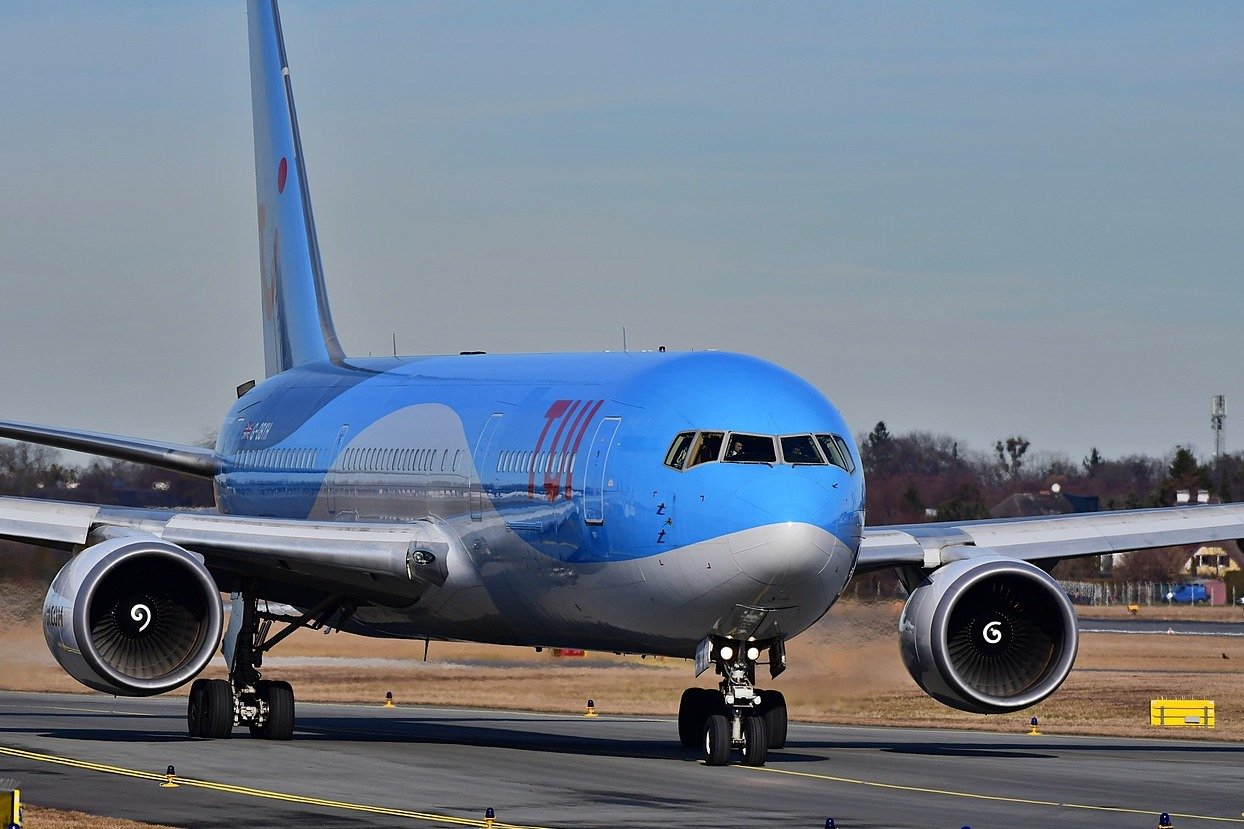Boeing Workers Launches a Massive Strike- Check Details
Boeing workers have launched a massive strike, marking a significant disruption in the aerospace industry. Approximately 30,000 members of the International Association of Machinists and Aerospace Workers (IAM) District 751, primarily based in Seattle and Portland, walked off the job on September 12, 2024.
The strike comes after an overwhelming 94.6% of the union members rejected Boeing’s latest contract proposal and voted in favor of industrial action.
At the heart of the dispute are long-standing frustrations over wages, healthcare, and job security. Boeing had offered a 25% pay raise spread over four years, along with improved retirement and healthcare benefits.
However, many workers deemed the offer insufficient, demanding a pay rise closer to 40%, especially given grievances that have accumulated over more than a decade.
A critical sticking point in negotiations was the assurance that Boeing’s next major commercial aircraft would be produced in Washington state, a demand the company agreed to but which wasn’t enough to quell workers’ dissatisfaction.
While union leadership initially recommended the contract, rank-and-file members voiced their opposition, leading to the current impasse.

The strike’s timing is particularly challenging for Boeing, which has faced a series of financial and operational difficulties in recent years.
The aerospace giant has been dealing with fallout from previous missteps, including safety concerns with its 737 Max and delays in the Starliner spacecraft program.
With new CEO Kelly Ortberg only recently taking the helm, the company is under pressure to navigate yet another crisis.
The financial impact of the strike could be severe, with some analysts comparing it to a previous strike in 2008 that cost Boeing around $100 million per day.
Boeing’s management has expressed a willingness to return to the negotiating table, signaling its commitment to resolving the dispute.
However, the outcome remains uncertain, with both sides standing firm on their demands. For now, the strike threatens to disrupt Boeing’s assembly lines, potentially delaying aircraft deliveries and further straining the company’s recovery efforts.
As the strike continues, it underscores the growing tension between major corporations and their workforce, particularly as inflation and cost-of-living concerns become more pronounced.
The Boeing workers’ strike is likely to be a pivotal moment in labor relations within the aerospace sector, with implications that could resonate across the industry.
Why Are the Workers on Strike?
Boeing workers are holding a strike primarily due to long-standing grievances over wages, healthcare, and job security.
Their decision to walk out is driven by what they perceive as inadequate compensation for their labor, especially in light of the company’s profitability and growing inflation concerns.
Many workers believe Boeing’s offer of a 25% pay raise spread over four years falls short of expectations, especially given that inflation has eroded their purchasing power.
The workers are pushing for a more substantial wage increase, closer to 40%, to keep up with the rising cost of living.
Job security is another major factor behind the strike. Union members have long been concerned about outsourcing and automation, which they believe could threaten their employment.
Despite Boeing agreeing to the union’s demand to keep production of its next major commercial aircraft in Washington state, workers still fear for the future of their jobs as the company continues to explore cost-cutting measures.
In addition to these issues, Boeing workers are demanding better healthcare and retirement benefits. Although the company’s proposal included improvements in these areas, many feel the changes are insufficient, particularly for those nearing retirement.
For these workers, the strike represents an opportunity to address decades of stagnating wages and benefit packages that have failed to keep pace with industry standards.
The strike also reflects a broader trend of labor unrest across the United States, where workers in various industries are pushing back against stagnant wages and declining working conditions.
The machinists’ union argues that Boeing’s success is built on their labor, and they believe it’s time for that to be acknowledged through more favorable working conditions and pay.



